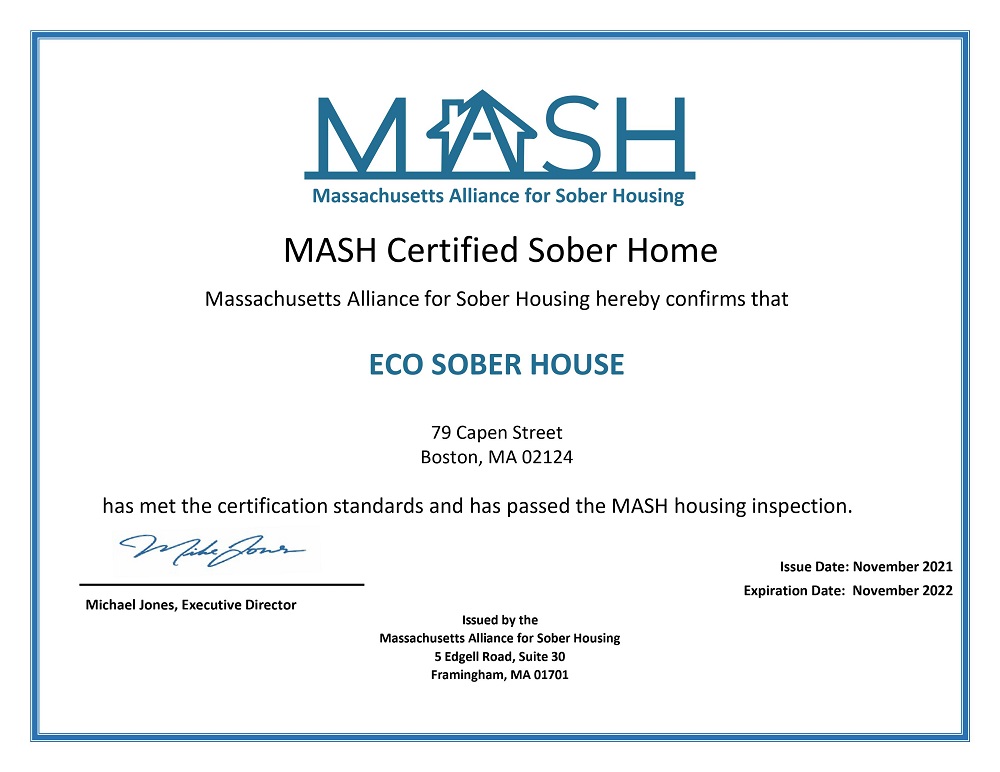Sleep is essential for shoring up impulse control and fostering good decision-making. Another vital element of care during recovery is relapse prevention—learning specific strategies for dealing with cravings, stress, setbacks, difficult situations, and other predictable challenges. Recovery involves rebuilding a life— returning to wellness and becoming a functioning member of society. Every person needs a comprehensive recovery plan that addresses educational needs, job skills, social relationships, and mental and physical health.
Screening, Brief Intervention, and Referral to Treatment
Recovery from addiction is not a linear process, and increasingly, relapse is seen as an opportunity for learning. Studies show that those who detour back to substance use are responding to drug-related cues in their surroundings—perhaps seeing a hypodermic needle or a whiskey bottle or a person or a place where they once obtained or used drugs. Such triggers are especially potent in the first 90 days https://webscript.ru/stories/01/04/30/0683549 of recovery, when most relapse occurs, before the brain has had time to relearn to respond to other rewards and rewire itself to do so. Learning what one’s triggers are and acquiring an array of techniques for dealing with them should be essential components of any recovery program. Although addiction tends to cut people off from longtime friends, social support is a significant predictor of recovery.
Recognise One’s Needs for Support and Treatment
Relapse rates for drug use are similar to rates for other chronic medical illnesses. If people stop following their medical treatment plan, they are likely to relapse. If you or a loved one is starting the recovery journey, or you are curious about what it means, this article will help you understand what the stages of change in the recovery process are, different types of programs and treatment options you may encounter. On March 1, 2022, President Biden announced his administration’s strategy http://8disk.net/z4608/ to address our nation’s mental health crisis as outlined in the 2022 Presidential Unity Agenda. To meet this goal, SAMHSA collaborated with federal, state, tribal, territorial, and local partners including peer specialists to develop the National Model Standards for Peer Support Certification. Special Topics and Resources presents a bank of important topics and additional resources for those in recovery, families, and individuals wanting to learn more about substance use disorder recovery.
Drugs & Supplements

Saying a mantra, substituting thoughts of recovery goals, praying, reading something recovery-related, reaching out to someone supportive—all are useful tactics. Cravings diminish and disappear in time unless attention is focused on them. Negotiating with oneself for a delay of use, which doesn’t deny the possibility of future use, and then getting busy with something else, capitalizes on the knowledge that cravings dissipate in about 15 minutes.
- Identify other factors in your life—relationships, work—that can help take the focus off addictive behaviors.
- The primary outcome was a composite measure that considered cocaine use, other drug use, and heavy alcohol use.
- Addressing the nation’s mental health crisis and drug overdose epidemic are core pillars of the Biden-Harris Administration’s Unity Agenda.
- Talk to your therapist, other healthcare provider, or sponsor about how to deal with your anger in ways that won’t cause you to harm yourself or others or turn to alcohol or drugs.
- Researchers find that taking incremental steps to change behavior often motivates people to eventually choose abstinence.
- It’s not just your drinking buddies and drug dealers who can get you into trouble—sometimes those who are closest to you can contribute to a relapse.
- While the number of affected children increased from 2011 to 2021 across all racial and ethnic populations, children with young non-Hispanic Black parents (18 to 25 years old) experienced the highest – roughly 24% – increase in rate of loss every year.
In addition, telephone continuing care has been found to be cost-effective and cost-beneficial compared to TAU, and to reduce the risk of criminal convictions in the 4 years following treatment intake. The results are reinforced by the societal cost analysis, which indicated that TMC generated the greatest reduction in societal costs overall ($1,564 on average). However, the TMC plus incentives condition had very high net savings ($2,138 from provider perspective, and $1,343 from societal perspective) for those patients who had a poor initial response to IOP as indicated by continued substance use. This finding illustrates that, from an economic perspective, it is advantageous to monitor substance use early in treatment and to tailor continuing care on the basis of whether initial abstinence is achieved. Continued substance use early in IOP could flag higher-risk individuals who are more likely to require more extensive and expensive interventions such as TMC plus incentives to achieve good outcomes over longer periods of time.

Shots – Health News
Future directions for research on peer services could include large-scale comparative studies on their overall effectiveness and their relative effectiveness in different settings. Analyses of participants in two large studies that tracked outcomes of AUD treatment for up to 10 years, Project MATCH and the COMBINE Study,427,428,429 showed that a substantial number of participants returned to occasional heavy drinking after treatment. However, there was not a consistent relationship between the amount they drank and how well they functioned.
Is It Too Soon To Start Talking about a Cure for Addiction?
The informants who had periods of severe use of substances all talked about demanding situations relating to work, troubled relationships, mental health problems, or loneliness. These struggles concerned being caught up by adverse childhood experiences, situations that arose during severe substance use, or life challenges during the years after they left treatment. They used substances as a way of coping https://natural-cure.ru/v-klinike-budapeshta-kreativ-dental-clinic-v-kostnoj-plastike-budut-ispolzovat-transplantaty-iz-reber-paczienta/ with these struggles in life. This study was a qualitative sub-study of the Tyrili cohort 2016 study. The Tyrili Foundation is a non-governmental organisation that runs eight SUD treatment centres in Norway. In the Tyrili cohort 2016 study, quantitative methods were used to examine quality of life, cognitive functioning, psychological distress and experiences of trauma among 138 patients [5, 40].
Fostering a nonjudgmental, compassionate approach toward yourself is essential to maintain sobriety. Restorationtherapy.com defines and outlines how to “urge surf” succinctly. If any area of your life is out of control, it will not help you maintain lasting sobriety. Once you do return to work, it’s important to create a budget and take steps to safeguard yourself as work stress can be a relapse trigger. Having a chaotic or disorganized lifestyle can also hinder your recovery. It’s important to develop a structured daily and weekly schedule and stick to it.
